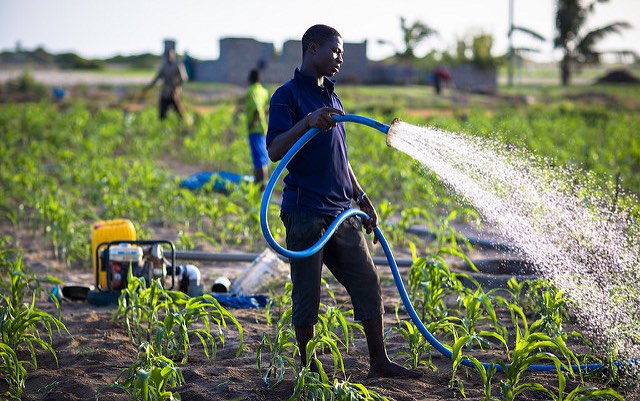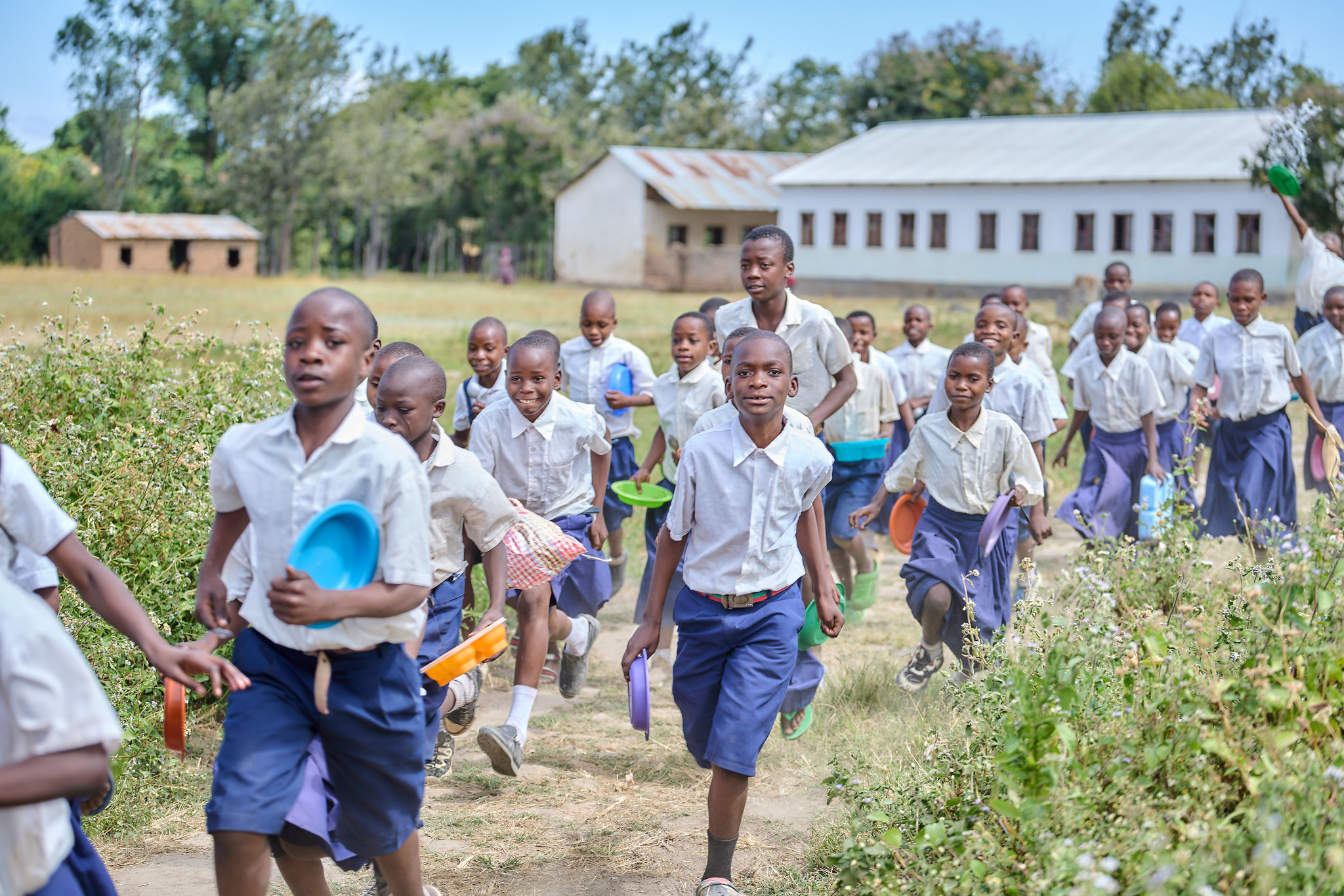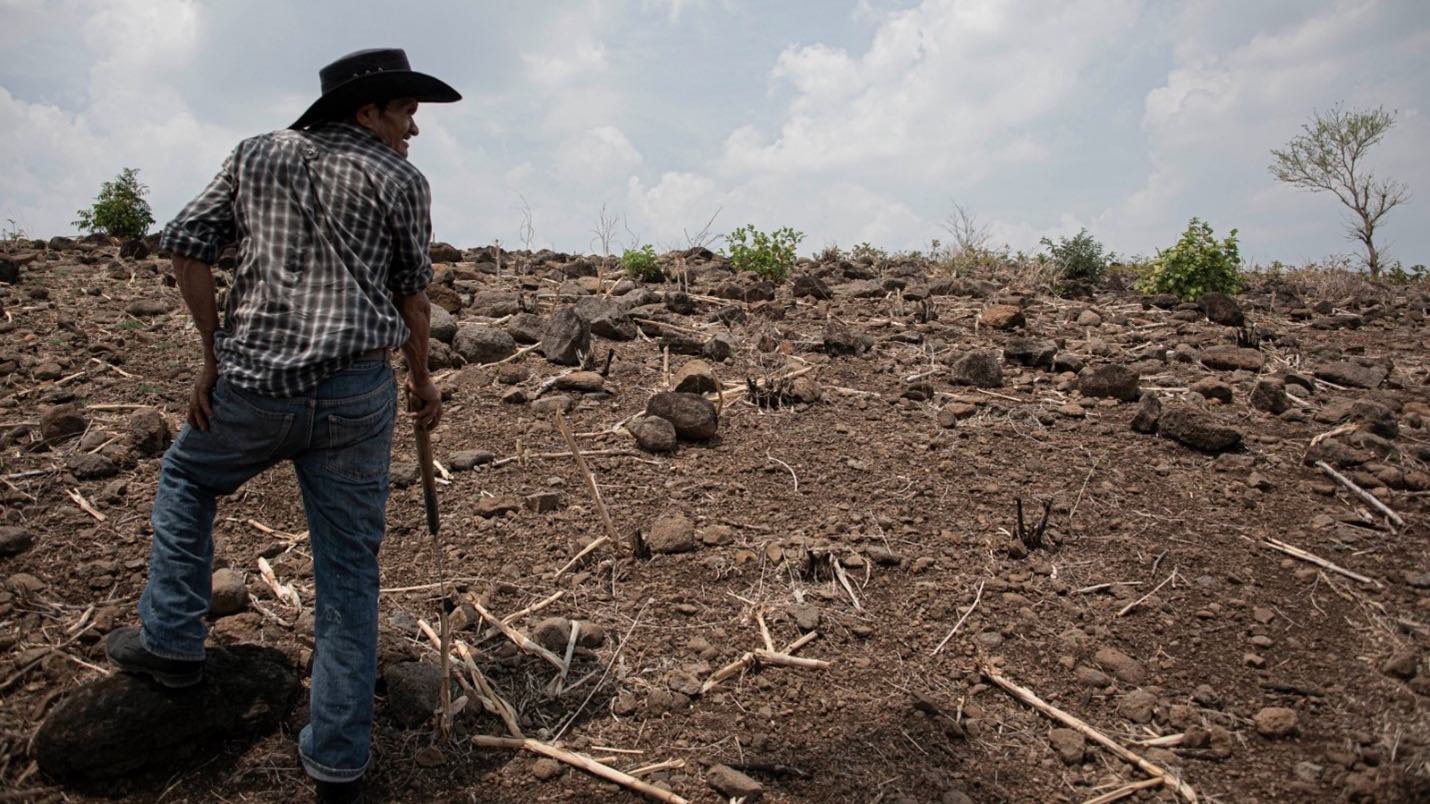This year’s International Day of Rural Women (Oct. 15) focuses on the theme, “Sustainable infrastructure, services, and social protection for gender equality and the empowerment of rural women and girls.” The urgency of these challenges is outlined in the recent Intergovernmental Panel on Climate Change (IPCC) report, which projects more severe repercussions of climate change—among them droughts, rising sea levels, and more frequent and powerful storms and floods—hitting sooner than anticipated.
The report underscores a point that others have made before: the human consequences of climate change will not be evenly distributed, and communities dependent on agricultural livelihoods and in the least developed countries are at disproportionately higher risk. What can be done to ensure that those most at risk have a chance of adapting to and coping with the looming climate crisis?
Climate consequences vary both regionally and locally. Individuals, even within the same community, have differing abilities to anticipate, avoid, adapt, and recover from climate-related shocks and stresses. They also perceive climatic changes differently and prefer varying adaptation strategies.
Social and gender inequalities strongly shape these dynamics. Whether people can healthily adapt or not is affected by their access to information, social capital, credit, productive resources, savings, available time, and mobility—all of which can look very different for men and women, boys and girls. An example is irrigation, a highly desired adaptation strategy by both women and men to address growing climate variability. Studies have shown that women often benefit less from irrigation technologies because they lack the money and labor needed to adopt the technology and to irrigate effectively. For households that do adopt irrigation, women do not necessarily have access to the additional income it generates.
Projects that aim to help people adapt, if poorly designed or implemented, can unintentionally increase gender and social inequality. Building on the previous example, introducing irrigation increases the value of agricultural land, and women’s weaker land rights put them at risk of losing their irrigated landholdings to more powerful actors.
To reduce vulnerability for all and ensure that adaptation programs do no harm, we must understand these gender- and social-based differences in adaptation options and constraints. Adaptation programs and policies should use this kind of information to address gendered constraints and preferences and avoid intensifying social exclusion.
Unfortunately, nuanced data on gendered differences in vulnerability, adaptation, and resilience is scarce. Large-scale surveys measuring agricultural resilience to climate change are still conducted at the household rather than individual level, limiting the ability to analyze differences between men and women, boys and girls. More comprehensive gender data is needed for context-specific planning and learning.
To address gendered dynamics in climate resilience at scale, tools for data collection are needed. This year, the IFPRI-led Gender, Agriculture, and Assets Project, Phase 2 (GAAP2) launched the project-level Women’s Empowerment in Agriculture Index (pro-WEAI), a survey-based index for measuring empowerment, agency, and inclusion of women in the agriculture sector. The pro-WEAI is intended to help agricultural development projects assess women’s empowerment in a project setting, diagnose areas of women’s disempowerment, design strategies to address deficiencies, and monitor and evaluate project outcomes on empowerment.
In the pro-WEAI, indicators such as control over use of income, input in productive decisions, ownership of land and other assets, access to and decisions on credit, time use, mobility, and household relations reflect different aspects of adaptive capacity and well-being outcomes affected by shocks. We can use pro-WEAI data to study whether empowered women make different production decisions or improve household food security, who is able to adopt new climate-smart technologies, how shocks affect men and women’s assets differently, and even to track progress of the Sustainable Development Goals, as we learn what works to support women’s empowerment and reduce vulnerability in very different contexts.
As Naila Kabeer describes, empowerment is not an end-state but a dynamic process. This is especially true for women who rely on precarious, resource-dependent livelihoods threatened by climate change. In helping to understand the resources and relationships needed for resilience, the pro-WEAI can be a powerful tool for understanding challenges and opportunities for women and designing and evaluating policies and programs to support them.
Sophie Theis is a Senior Research Analyst with IFPRI’s Environment and Production Technology Division. Elena Martinez is a Research Analyst with the CGIAR Research Program on Agriculture for Nutrition and Health (A4NH).
The Gender, Agriculture, and Assets Project, Phase 2 (GAAP2) is led by IFPRI in collaboration with OPHI and funded by the Bill & Melinda Gates Foundation, the United States Agency for International Development, and the CGIAR Research Program on Agriculture for Nutrition and Health. Visit the GAAP2 website to learn more about GAAP2 and the WEAI Resource Center to learn more about pro-WEAI and other versions of WEAI.







